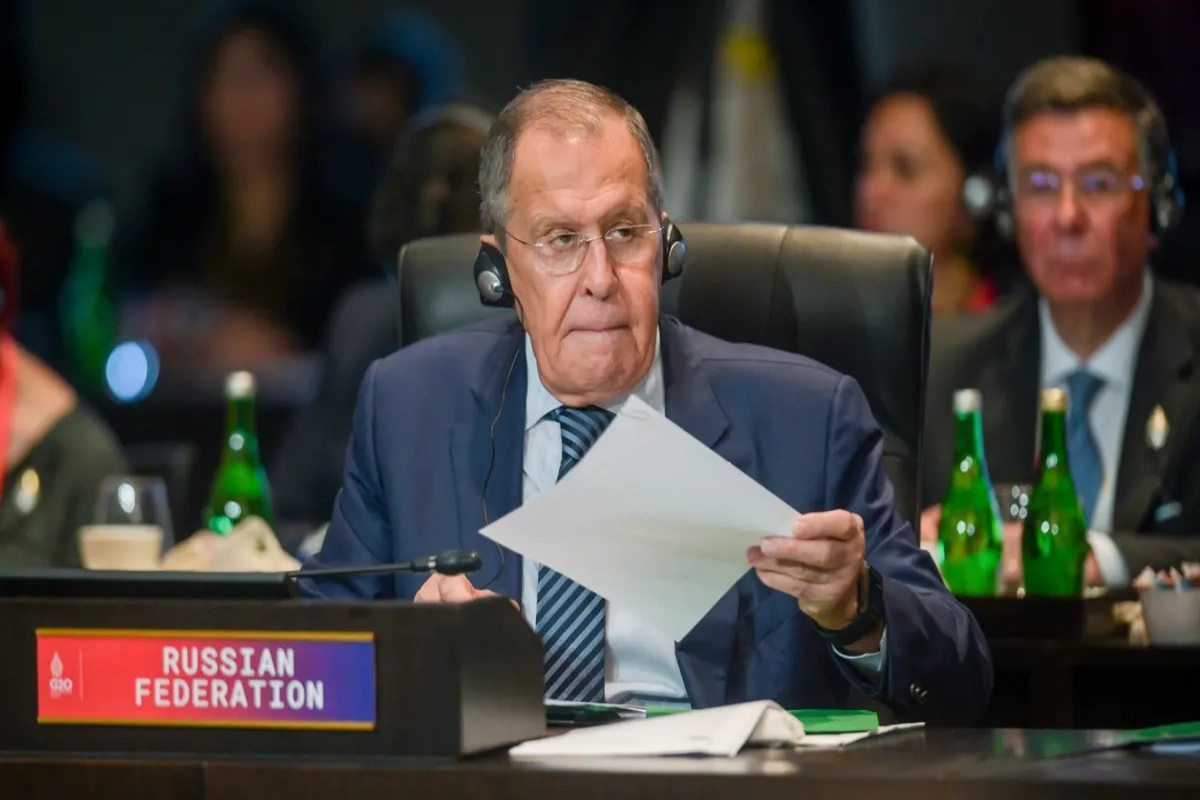G-20 leaders in Bali issued a joint statement condemning Russia’s war in Ukraine, and in between, there was a distinct voice of disparagement that captured the entire globe “Today’s era must not be of war,” It was Prime Minister Narendra Modi of India who propelled the voice of dissension and set the pace for an amicable solution of a very significant issue that has not only split the world into two power blocs but has also brought irreparable despair, death, food and energy crisis and has taken the whole mankind to the doorstep of a war of greater magnitude. And with that Putin is put under pressure to withdraw his troops from Ukraine – of course, he must be looking for some modalities for withdrawing its forces with his self-esteem ensured.
Today’s Era is not of war
“Today’s era must not be of war,” it said, echoing what Indian Prime Minister Narendra Modi told Russian leader Vladimir Putin during a face-to-face meeting in September.
The world was quick to acclaim that it was the required thrust from the largest democracy that has played a vital role in bridging differences between an increasingly isolated Russia, and the United States and its allies.
“How India united G20 on PM Modi’s idea of peace,” ran a headline in the Times of India, the country’s largest English-language paper. “The Prime Minister’s message that this is not the era of war… resonated very deeply across all the delegations and helped bridge the gap across different parties,” This is the message Indian PM Narendra Modi has sent to the world.
The G-20 declaration was followed by handing over the Presidency to Narendra Modi, who will host the next leaders’ summit in New Delhi in September 2023 – about six months before he is expected to head to the polls in a general election and contest the country’s top seat for the third time.
As New Delhi dexterously balances its relations with Russia and the West, Narendra Modi is emerging as a global leader, on whom the world has reposed immense confidence as an international power broker who can bring two warring groups to the table of negotiation. The world looks at India for resolving multiple disputes including energy and climate crisis.
India bridges ‘multiple opponents’
To an extent, India’s presence at the G20 overshadowed the much-anticipated meeting between Chinese leader Xi Jinping and US President Joe Biden, and the scramble to investigate the killing of two Polish citizens after what Warsaw said was a “Russian-made missile” landed in a village near the NATO-member’s border with Ukraine.
Global headlines covered in detail how Biden and Xi met for three hours on Monday, in an attempt to prevent their rivalry from spilling into open conflict. But the verdict from the Indian Prime Minister ‘Today’s era must not be of war” turned out to be the ultimate pronouncement of the G-20 summit.
Modi, on the other hand, held a series of discussions with several world leaders, including newly-appointed British Prime Minister Rishi Sunak, ranging from food security and environment, to health and economic revival – steering largely clear of condemning Putin’s aggression outright, while continuing to distance his country from Russia.
Western leaders “are listening to India as a major stakeholder in the region, because India is as close with the West as it is with the East
While India had an “unpretentious agenda” for the G20 revolving around the issues of energy, climate, and economic turmoil as a result of the war, Western leaders “are listening to India as a major stakeholder in the region, because India is a country that is balanced evenly with both the West and Russia,”
New Delhi has strong ties with Moscow dating back to the Cold War, and India remains heavily reliant on Russia for military equipment. At the same time, New Delhi has been growing closer to the West as leaders attempt to challenge the rise and might of Beijing, placing India in a strategically formidable position.
“How India had an impact at the G20 is that it seems to be one of the few countries that can engage all sides,” India has played a very meticulous role in bridging between multiple confrontationists.”
‘India emerges as the voice of the developing world
Since the start of the war, India has repeatedly called for a cessation of violence in Ukraine, falling short of condemning Russia’s invasion outright. Time and again many countries have implored India to resolve the issue as India carries the required influence on Russia, which might have put Putin on hold. India preferred to bide time but as Putin’s aggression intensified, killing thousands of people and throwing the global economy into utter despair, many considered that India’s limitations were getting stretched. The world has acknowledged that it was Modi’s stronger language to Putin in September, which brought a perceptible change in Putin’s overall approach, although he is a shrewd politician. And while this year’s G20 was looked at through the lens of the war, India could bring its own agenda to the table next year, with a focus on the welfare issues of the developing world.
India’s Presidency is coming at a time when the world is placing a lot of focus on renewable energy, rising prices and inflation. And there is a feeling that India is seen as a key country that can provide for the needs of the region in South Asia and beyond.”
A year from now will see a lot of sea-change in global politics with India steering the wheel for a better tomorrow for the entire globe.
Keep watching our YouTube Channel ‘DNP INDIA’. Also, please subscribe and follow us on FACEBOOK, INSTAGRAM, and TWITTER.
